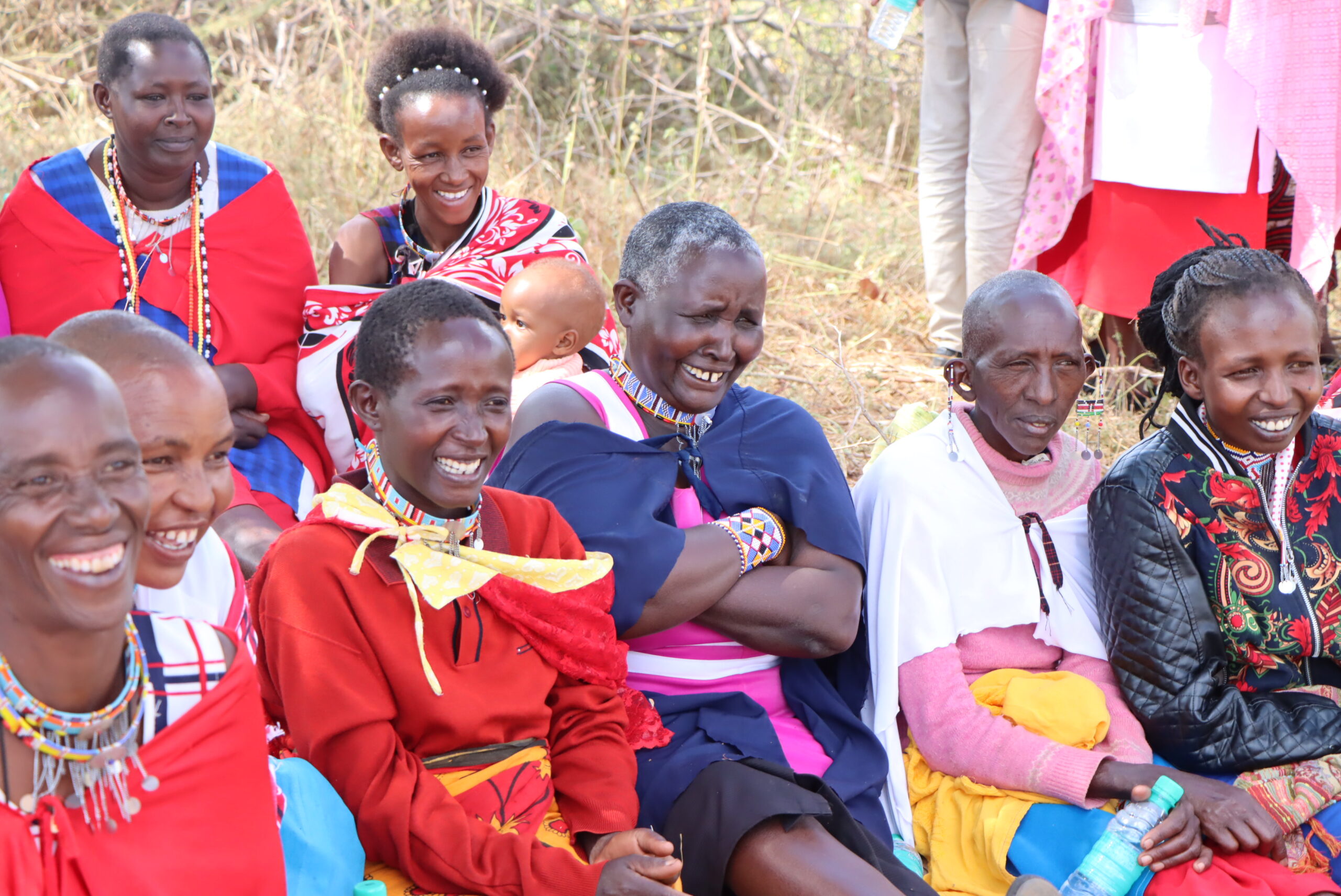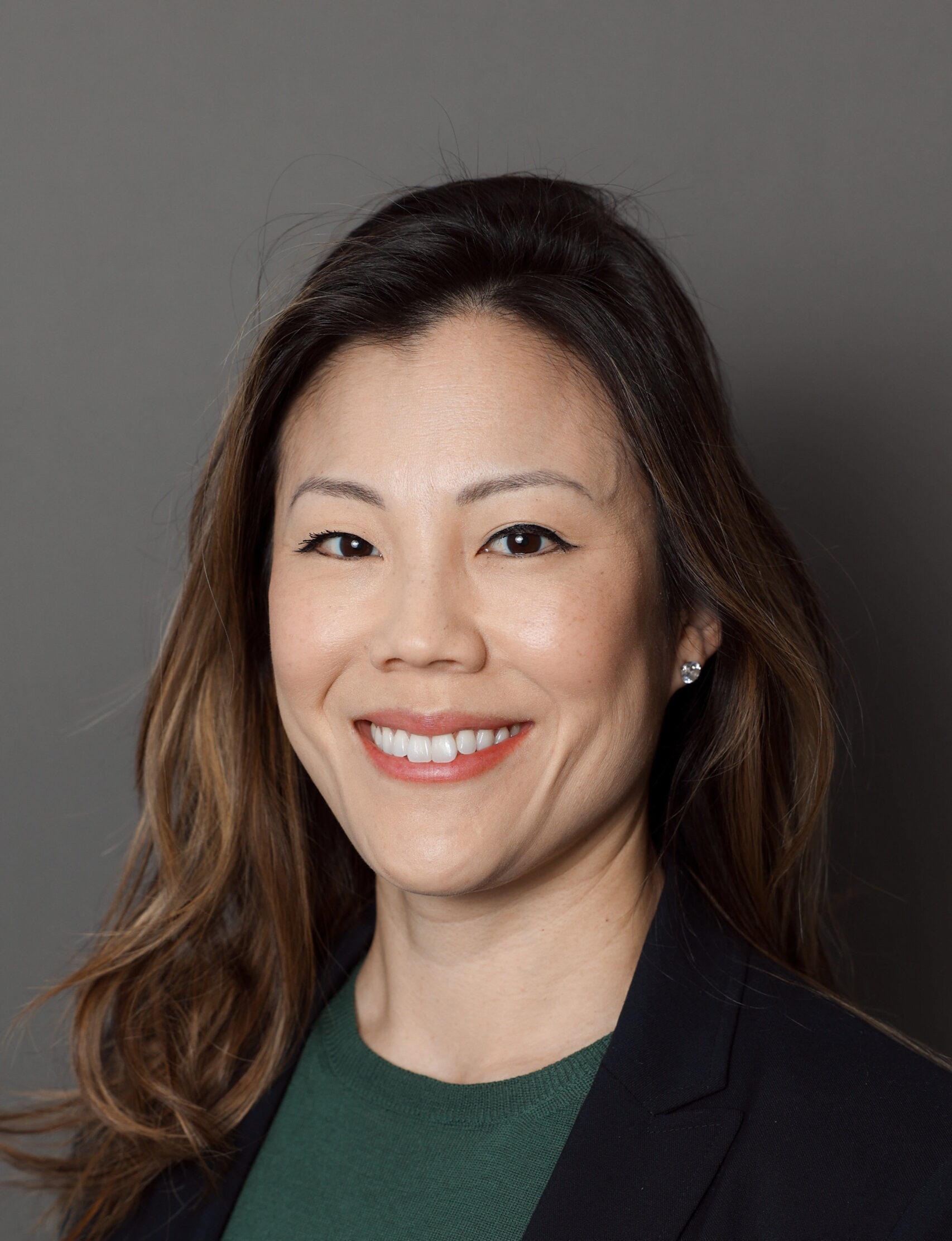Feminist humanitarianism: A critical approach for equitable disaster recovery

“Feminist crisis response sees crises as opportunities to transform power hierarchies and structural inequalities that drive crises in the first place.” – Dr. PeiYao Chen, President and CEO, Global Fund for Women
At CDP, we know it is critical to understand the differentiated impacts of disasters on marginalized and disproportionately affected groups to better support equitable long-term recovery for communities.
For women, girls and gender-diverse individuals, it’s clear why our focus on equitable disaster recovery matters. While data gaps prevent a full appreciation of the disproportionate impact of disasters on these groups, a few statistics paint a stark picture:
- Women and children are 14 times more likely to die from a disaster than men. Disasters such as droughts, floods and storms kill more women than men, and the gender gap effects on life expectancy tend to be greater in more severe disasters and in places where the socioeconomic status of women is particularly low.
- In some crisis settings, more than 70% of women have experienced gender-based violence. All forms of violence against women increase during disasters and displacement.
- Adolescent girls in conflict zones are 90% more likely to be out of school when compared to girls in other conflict-free countries.
The risks and consequences for women and girls are compounded across the disaster lifecycle: they are heightened during a disaster due to the breakdown of protection structures and livelihood support, just as they may be excluded or deprioritized from life-saving services after a disaster hits, and given more caregiving demands in the post-disaster period.
Women and girls as humanitarian agents of change
“The war in Ukraine has shown us that women can lead transformative change, even in the most challenging circumstances.” – Anzhelika Bielova, president of Voice of Romni
Though disasters hit women and girls the hardest, they are also the first and most effective responders to a crisis because they know their communities best. Around the world, local women’s groups are often best placed to mobilize and coordinate survival and response activities.
A feminist humanitarian approach acknowledges the role of women, girls and gender-diverse people as leaders and agents of change in caring for and building the resilience of their communities. It seeks to empower them as a transformative disaster recovery strategy.
CDP’s August webinar featured leaders with first-hand experience applying feminist humanitarian approaches in Ukraine, the Caribbean, and in climate and disaster crises globally. Anzhelika Bielova, president of Voice of Romni; Nadella Oya, founder and director of createfuturegood, chair of the Caribbean Gender Alliance, and co-convener of the Caribbean Humanitarian Partnership Platform; and PeiYao Chen, president and CEO of Global Fund for Women described key features of a feminist humanitarian approach and its distinctions from traditional patriarchal ways of working in the humanitarian sector:
Feminist humanitarianism:
- Recognizes the disproportionate impact of crises on women, girls and gender-diverse communities and calls for increased funding and recognition to close the gender gap in humanitarian action.
- Promotes women’s leadership and participation in decision-making.
- Prioritizes local knowledge and the needs of affected communities.
- Embraces collaboration, which is especially critical in the civil society space. “In the Caribbean, we understand the power of working together. Collaboration, not competition, is how we effectively respond to crises,” says Nadella.
- Emphasizes flexible, long-term funding to local organizations, acknowledging that complex compliance requirements could exclude the organizations most critical to effective and responsive disaster recovery.
How donors can advance feminist humanitarianism
As the frequency and severity of disasters continue to rise, a feminist humanitarian approach offers a more inclusive, effective, and sustainable way of funding and responding to humanitarian crises. To align their giving practices with feminist humanitarian principles, donors should consider the following strategies.
- Fund organizations with a feminist approach, including organizations that prioritize gender equality, women’s rights and the empowerment of marginalized groups in their work. Local, grassroots organizations often have a deeper understanding of the needs of their communities, ensuring that programs are more relevant and responsive.
- Prioritize funding for gender-sensitive and gender-responsive programs, such as initiatives that explicitly address the different needs of women, men, girls, boys and non-binary individuals. Advocate for and fund the integration of gender into the full cycle of humanitarian work, from needs assessments to program implementation and evaluation.
- Promote women’s leadership and participation by investing in programs that train and support them in leadership roles within humanitarian and disaster recovery efforts. Allocate resources for including women and marginalized groups in decision-making processes at all levels, from local initiatives to global policy forums.
- Emphasize data, accountability and learning by requiring that organizations you fund collect and report data disaggregated by gender and other relevant factors. This helps measure the impact of programs on different groups, assesses their effectiveness, and identifies any gaps or unintended consequences.
- Advocate for structural change in the humanitarian donor community by calling for the adoption of feminist principles and collaboration on gender equality initiatives. Support policy and advocacy to push for policy changes at the national and international levels, including more funding for gender-responsive programs and prioritizing gender equality.
- Provide unrestricted or long-term flexible funding that allows organizations to respond to emerging needs and challenges in gender-sensitive ways. Sustainable and impactful feminist humanitarian programs require long-term commitments, such as organizational capacity and development efforts like training on gender analysis, intersectionality and feminist leadership.
Watch the webinar recording to learn more:
